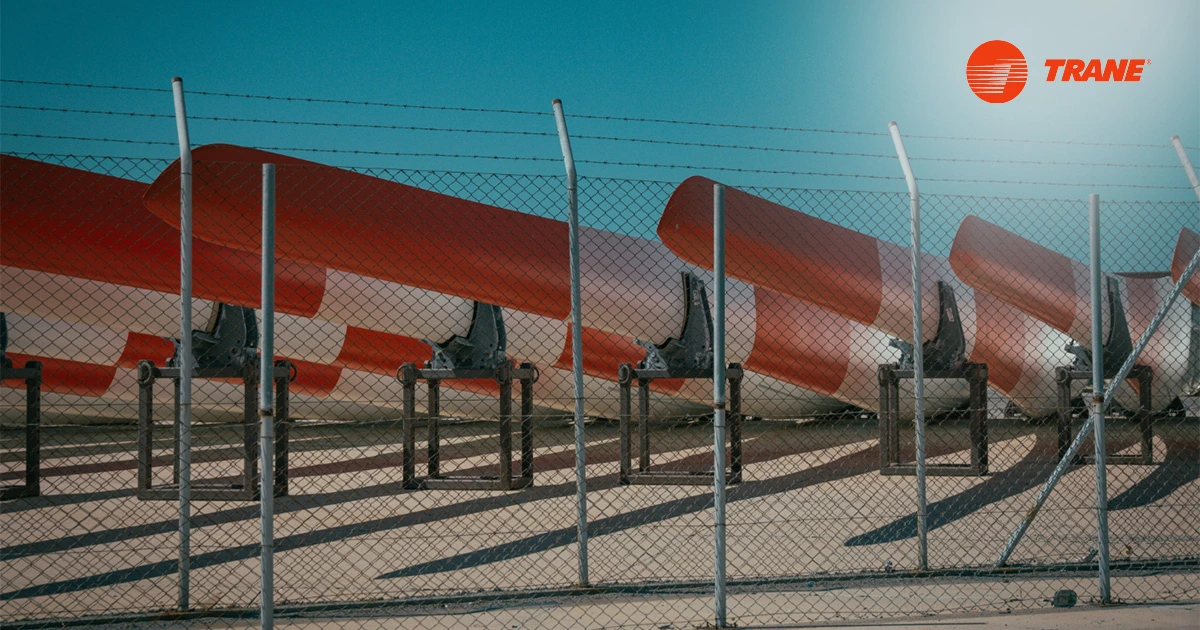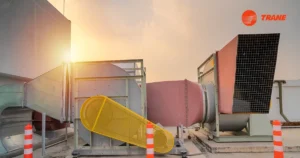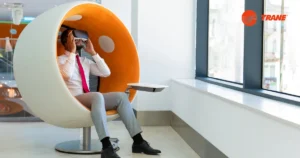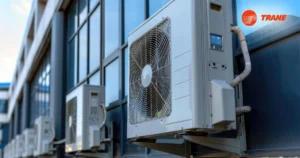As Egypt’s cities expand and climate extremes escalate, managing indoor temperatures has emerged as one of the most critical challenges of the decade. Skyscrapers rise where deserts once lay, and economic hubs thrive amid relentless summer heat. In this transformative landscape, temporary chiller rental has quietly become a powerful tool, enabling businesses, construction sites, healthcare facilities, and event organizers to maintain essential operations during peak heat or infrastructure transitions. This flexibility isn’t just convenient. In many cases, it’s vital to Egypt’s ongoing growth narrative.
Cooling Needs in a Warming World
Data from the World Bank reveals that Egypt’s average summer temperatures have risen by nearly 2°C in the past century. Meanwhile, urban areas like Cairo face intensified heat island effects that raise local temperatures by as much as 3–5°C. The consequences are profound, productivity drops, transport slowdowns occur, and energy grids strain under mounting air conditioning demand.
In this climate, continuous cooling isn’t a luxury; it’s fundamental to economic and social well-being. Even brief interruptions in HVAC systems can halt manufacturing lines, jeopardize patient care, or disrupt major events. For many, renting a chiller offers a lifeline that keeps essential systems running when permanence isn’t feasible.
Temporary Solutions, Lasting Impact
The convenience of temporary chillers extends far beyond just keeping spaces cool; they unlock entire projects. For instance, during a summer renovation of a bustling commercial complex in Alexandria, storage of temperature-sensitive pharmaceuticals risked spoilage. Faced with a lengthy permanent installation, the client opted for temporary chillers. Units were deployed and operational within days, safeguarding both inventory and investment.
Similarly, data centers, now rapidly expanding across Cairo and Giza, face mission-critical cooling demands. Even scheduled maintenance can pose major risks. In several cases, IT teams turned to temporary chillers to bridge thermal gaps, ensuring zero downtime in service.
Trends Shaping Egypt’s Cooling Landscape
Globally, cooling demand is projected to triple by 2050, and Egypt is no exception. As urbanization deepens and infrastructure projects accelerate, the need for agile, scalable temperature control has never been more urgent.
A recent study by MarketResearchFuture found that the rental chiller market is being propelled by energy-saving imperatives and the impermanence of project timelines. Businesses across pharmaceuticals, food processing, construction, and events now lean on chiller rentals to meet fluctuating demands cost-effectively.
Regionally, analysts estimate the Middle Eastern temporary cooling market, including chiller rentals, is already over $1 billion. Driven mainly by construction, healthcare, and event tourism, this demand is only set to grow.
Technological innovations are transforming the landscape too. Smart, IoT-integrated rental chillers now offer real-time performance monitoring, remote diagnostics, and predictive maintenance, boosting uptime and efficiency.
Egypt’s Unique Climate-Adaptation Challenge
Egypt is water-stressed and energy-sensitive. Temporary chillers offer a rare combination of cool relief without protracted infrastructure changes. They support ongoing operations with minimal disruption, reduced installation time, and optimal resource usage; crucial in a fast-evolving environment.
Events, like festivals or conferences, rely on this equipment to ensure attendee comfort amid peak summer heat. At one recent cultural festival in Luxor, rented chillers maintained safe temperatures for performers and visitors alike, even as temperature rose past 45°C.
This adaptability underscores a broader shift: cooling is no longer a static utility. It’s a strategic asset that must flex with workflow, season, and even global heatwaves.
Building a Climate-Ready Future
Egypt’s drive toward smart infrastructure; be it new districts, data hubs, or industrial zones: depends on intelligent, resilient systems. Cooling infrastructure, often unseen, underpins success in every sector. As the nation embraces energy-efficient, digitized building models, flexible solutions such as temporary chillers will remain essential backups, ensuring reliability during transitions or disruptions.Ultimately, sustainable urban growth must prioritize space cooling that is efficient, responsive, and integrated into broader environmental strategies. Whether through central district-cooling networks or on-demand rentals, this is how Egypt will keep its cities productive, healthy, and comfortable; regardless of how extreme the climate becomes.




